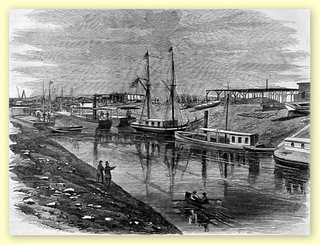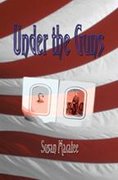Nearly every woman owned a fan. Like many essential items during the 19th Century, the times dictated that fans be made as beautiful as possible. Fans were nevertheless just plain useful in many climes, as well as essential to pass along courtly secrets while whispering. Fan etiquette played an important role during Victorian functions.
This month, many of Queen Victoria’s fans and those of her family and contemporaries will be
on display at The Queen’s Gallery, Buckingham Palace. The collection can also be viewed online in their e-gallery. The article entitled Unfolding Pictures in Majesty Magazine, Vol 27 No 11 highlights some of the fans that will be on display in The Queen’s Gallery mid-month.
Empress Eugénie, wife-consort of Napoleon III of France, was from Granada, Spain where fans were used for everyday affaires and were known to always be in motion. Eugenie brought much of her rich Spanish heritage to the popular and dominant French court, including her love of fans. She was known for making statements with her fans, as were many of the ladies of her era, by matching the fans to ensembles or by wearing plain ensembles that made extravagant fans stand out.
Fans served many purposes. The rules dictated that fans remained closed while one was in the presence of a sovereign, so many fans displayed unique identifying embellishments along their sides. Monograms were popular as well as artwork of family and portraits of children of the fan’s owner. Symbols of rank were also appropriate to display on fans, or simply one-of-a-kind artwork. Prized and valuable fans were typically attached to a wrist to be dropped or retrieved, according to a lady’s purposes.
Due to their artistry, fans became a
favorite collectible during the 19th Century. Even during church services, fans were noted to be constantly expressing their bearers emotions, especially in Spanish speaking countries and Colonies. Some regions designed their own
signals around fan usage. In Puerto Rico, young ladies were known to flirt or otherwise indicate if they were or weren’t available for romance. The speed at which a fan passed across a lady's breasts was the clue. Other regions also utilized their own unique communications with fans.
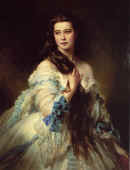
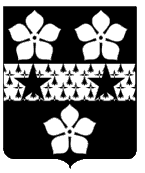
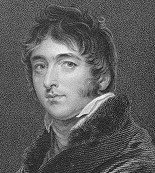 Queen Victoria sought out the advice, daily if possible, from William Lamb, the Second Viscount Melbourne, who was her real father figure. She kept a journal. Nightly, she’d inscribe his answers to her questions about life. A list of some of his sage advice is as follows:
Queen Victoria sought out the advice, daily if possible, from William Lamb, the Second Viscount Melbourne, who was her real father figure. She kept a journal. Nightly, she’d inscribe his answers to her questions about life. A list of some of his sage advice is as follows:
